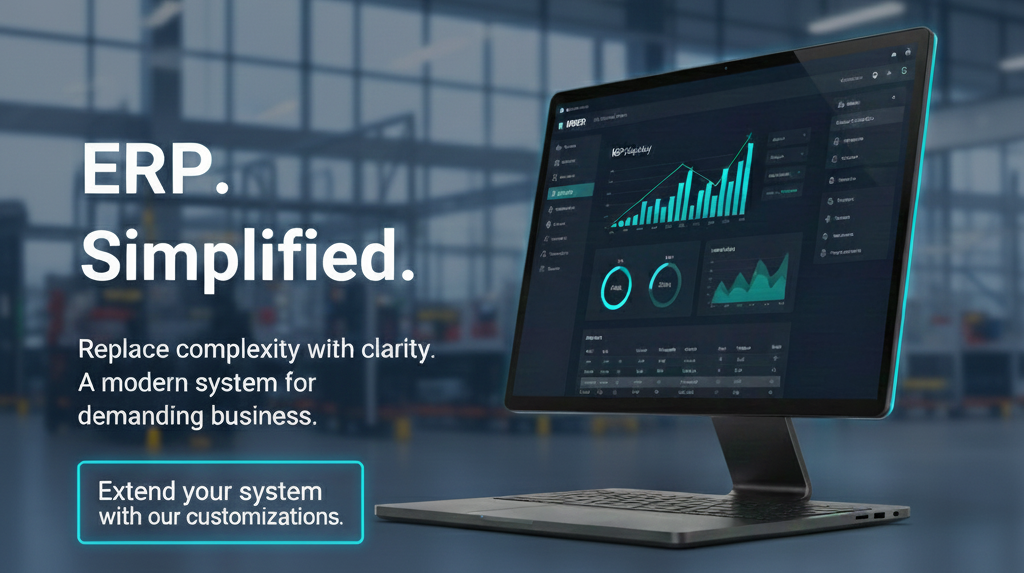Implementing full product specifications is a critical step in Data Mesh projects, especially when integrated with IFS Cloud. This process helps organizations deliver clear business value, maintain strong governance, and increase agility. It is designed for business leaders, data architects, and IT teams aiming to enhance ERP data management with scalable and compliant data products.
What Are Full Product Specifications and Why Are They Important?
Full product specifications treat data domains as distinct products. Each product must have detailed descriptions covering:
- The product’s purpose and value to the business
- Clear ownership and stewardship roles
- Data fields, schemas, and quality standards
- Usage and access policies
- Integration and update rules
This approach ensures data is managed like any other business asset, critical for sustainable Data Mesh success and effective IFS Cloud deployment.
How Do Full Product Specs Fit Into Data Mesh and IFS Cloud?
IFS Cloud organizes ERP functions such as procurement, manufacturing, and supply chain into domains. Each domain acts as a data product owner. Full specs empower these teams to manage their data products independently rather than relying on centralized IT. This shift drives faster response times and closer alignment with business goals.
Key Steps to Implement Full Product Specs
- Define Product Vision At project start, clarify why the data product exists and its expected business outcomes. Assign ownership to foster accountability.
- Use IFS Scope Tool for Detailed Specs Conduct structured workshops to capture field-level details, business logic, compliance needs, and integration points. Link specs to business goals.
- Create Formal Data Contracts Specify data schemas, access controls, update frequencies, and service levels. Make contracts easy to access, ideally in a repository tied to IFS Cloud’s Data Catalog.
- Assign Domain Ownership Appoint stewards for ongoing product updates, governance, and quality assurance.
- Iterate Specs Through Project Phases Continuously refine specs during prototype validation, solution setup, and operational readiness based on user feedback and system configurations.
- Apply Federated Governance Balance central oversight and local stewardship to maintain standards and adaptability.
Real-World Use Case: Procurement Domain
For example, in procurement, full product specs include scoping purchase order data, defining API contracts, setting SLAs for data refresh, and formal governance workflows. Testing pipelines validate compliance before rollout. This setup accelerates onboarding and improves data quality.
Business Benefits of Full Product Specs
- Clear accountability for data product ownership
- Faster onboarding and iteration cycles
- Stronger compliance with organizational and regulatory standards
- Easier scaling to new domains or business units
Final Thoughts
Implementing full product specifications with IFS Cloud and Data Mesh leads to a scalable, compliant, and business-aligned ERP data platform. It clarifies governance, accelerates delivery, and ties data assets directly to measurable business outcomes. Organizations looking to improve their data strategy and ERP operations should consider partnering for IFS Cloud Implementation services.
One more thing ...
List technical steps for creating data product specifications in IFS Cloud


